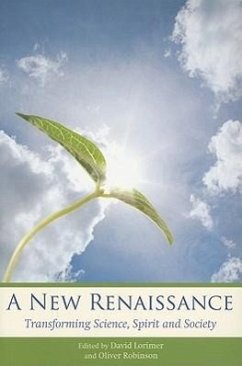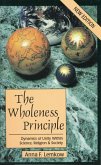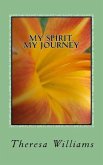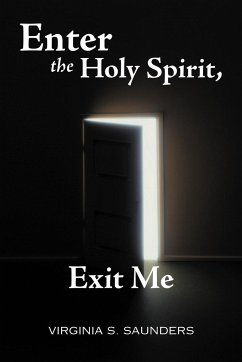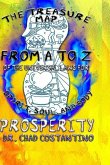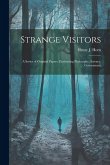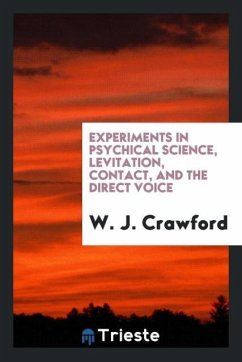A New Renaissance diagnoses the urgent need for change and renewal in today's period of crisis in philosophy, science, and society. Some six hundred years ago, the Florentine Renaissance took a huge leap forward into realism, rationality, and self-awareness. It was born from the waning authority of medieval institutions and beliefs. Today, we stand at a similar junction in history. It appears to many that reductionist science and its materialistic values--a worldview that has driven modern culture for the past two centuries--is quickly losing credibility. Its objectives of growth and acquisition and its guiding principles asserting that there is no intrinsic meaning to life or purpose in the cosmos are now widely seen as creating an unsustainable world. The essays gathered in A New Renaissance are a cultural response to the failings of the prevailing materialistic worldview. Contributions in the first part diagnose the sources of the crises in today's world. The second section searches for a new understanding of consciousness and mind, based on findings in recent non-materialistic fields of philosophy. The third section looks toward a renewal of spirituality beyond religion, aiming to recapture the personal depth and connection to the cosmos that materialism denies, ignores and actively struggles against. The fourth section examines possible reforms in politics, economics, and education that will help birth a society that can sustain the flourishing of human beings in the globally interconnected, twenty-first-century world. Contributors include: Ervin Laszlo, Richard Tarnas, the Prince of Wales, Iain McGilchrist, Larry Dossey, Chris Clarke, Rupert Sheldrake, Anne Baring, Satish Kumar, Max Payne, Peter Russell, Jean Hardy, David Peat, and Elisabet Sahtouris.

